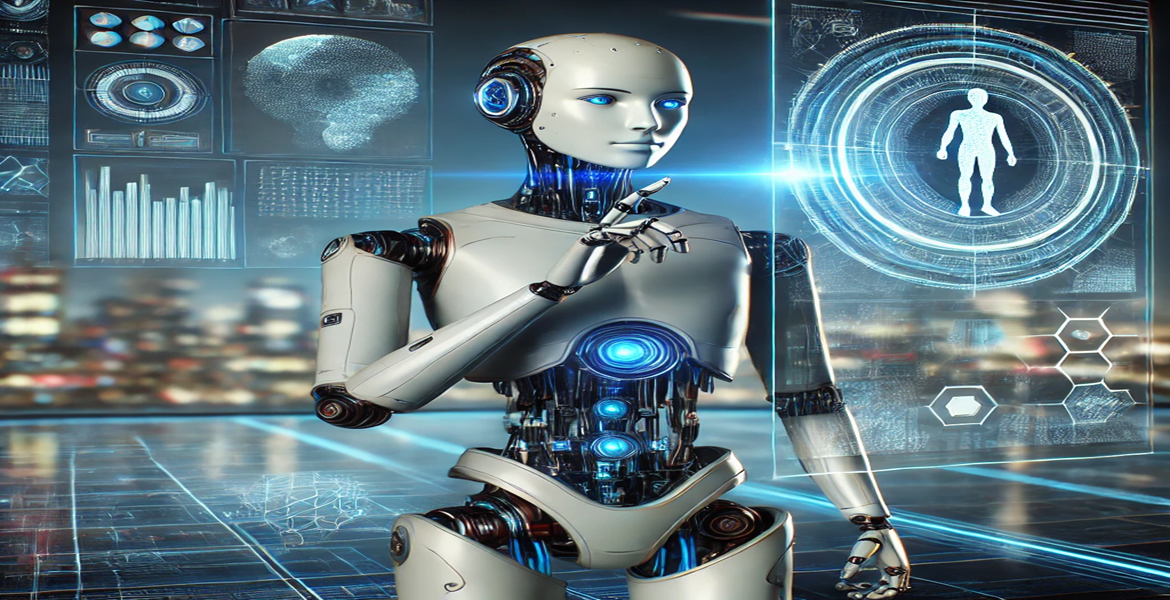The Rise of Artificial Intelligence: Transforming the Future
Artificial Intelligence (AI) has emerged as one of the most transformative technologies of our time, redefining the way we live, work, and interact with the world. From smart assistants like Siri and Alexa to sophisticated algorithms powering self-driving cars, AI continues to push the boundaries of innovation. Let’s delve into what makes AI a revolutionary force and its potential for shaping the future.
What is Artificial Intelligence?
At its core, Artificial Intelligence refers to the simulation of human intelligence in machines that are programmed to think, learn, and solve problems. These systems can perform tasks that typically require human intelligence, such as decision-making, language understanding, and visual perception.
Applications of AI
AI is already making significant strides in various fields:
Healthcare: AI-powered tools assist in diagnosing diseases, predicting patient outcomes, and developing personalized treatment plans.
Education: Adaptive learning platforms use AI to tailor educational content to individual students' needs.
Transportation: Autonomous vehicles leverage AI for navigation and safety, promising to revolutionize the transportation industry.
Finance: AI algorithms are employed for fraud detection, stock market predictions, and customer service chatbots.
The Benefits of AI
Efficiency: AI automates repetitive tasks, allowing humans to focus on more creative and strategic activities.
Accuracy: AI systems reduce errors in processes like medical diagnoses and manufacturing.
Scalability: AI solutions can be scaled to handle vast amounts of data, enabling organizations to grow effectively.
Challenges and Ethical Considerations
While AI offers numerous benefits, it also raises challenges and ethical concerns. These include:
Job Displacement: Automation may lead to job losses in certain sectors.
Bias in AI Systems: AI systems can inadvertently perpetuate biases present in their training data.
Privacy Concerns: AI's ability to analyze large datasets raises questions about data security and privacy.
Addressing these issues requires a collaborative effort between governments, tech companies, and society to ensure AI is developed and used responsibly.
The Future of AI
As AI continues to evolve, its potential seems limitless. Future advancements may include:
General AI: Machines capable of performing any intellectual task a human can do.
AI in Space Exploration: Enhancing our ability to explore and understand the universe.
Enhanced Human-Machine Collaboration: Seamlessly integrating AI into our daily lives to enhance productivity and creativity.
Conclusion
Artificial Intelligence is not just a technological innovation; it is a paradigm shift that holds the power to redefine our world. By harnessing its potential while addressing its challenges, we can unlock opportunities for a brighter, more efficient, and inclusive future.


 Super admin
Super admin